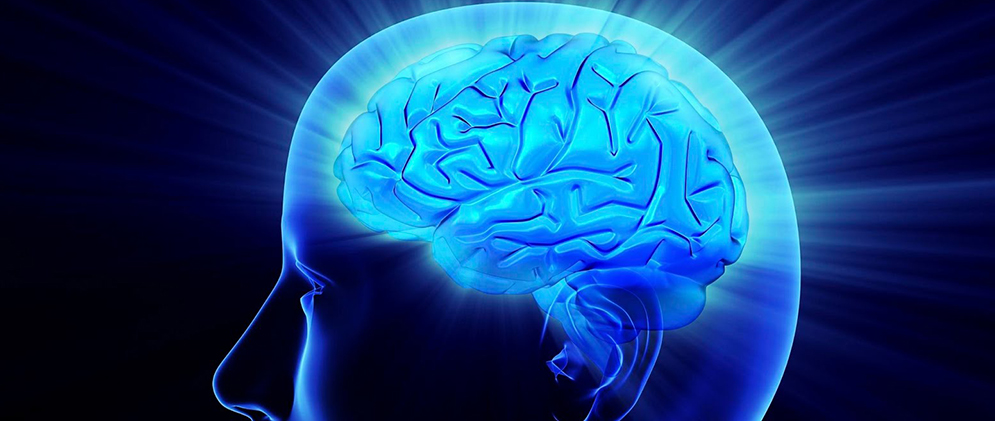Developing a Diagnostic of Mindset Promoting Practices
From The Theme
DIGITAL LEARNING ENVIRONMENTS
WHAT IF
What if we could understand how student attitudes towards mental effort and challenge affect learning outcomes?

WHAT WE SET OUT TO DO
We set out to better understand growth mindsets and learning outcomes by investigating and potentially influencing student attitudes and beliefs around challenge and mental effort. Specifically, we aimed to develop and test a persuasive intervention to change these beliefs and thereby improve the student’s learning outcomes.
WHAT WE FOUND
Our research revealed a need to better understand the role of educators in student attitudes around challenge and mental effort. In particular, we found a gap between teachers’ stated endorsement of a growth mindset and their ability to actually convey it to students. Our focus shifted to developing a set of growth mindset promoting practices. These best practices could be used by teachers, as well as in professional development materials. Initial findings indicate that teachers who both challenge their students and make it safe to fail are more likely to engage in other beneficial teaching practices, and their students may be more likely to have a growth mindset or higher learning outcomes.
LEARN MORE
What Is Mindset?
Yeager, D. S., Romero, C., Paunesku, D., Hulleman, C. S., Schneider, B., Hinojosa, C., Lee, H.Y., O’Brien, J., Flint, K., Roberts, A., Trott, J., Greene, G., Walton, G.M., Dweck, C. S. (2016). “Using design thinking to improve psychological interventions: The case of the growth mindset during the transition to high school.” Journal of Educational Psychology, 108(3), 374-391.
PEOPLE BEHIND THE PROJECT
 Carol Dweck is the Lewis and Virginia Eaton Professor of Psychology at Stanford University. Her work bridges developmental psychology, social psychology, and personality psychology, and examines the mindsets people use to understand themselves and guide their behavior. Dweck’s research looks at the origins of these mindsets, their role in motivation and self-regulation, and their impact on achievement and interpersonal processes.
Carol Dweck is the Lewis and Virginia Eaton Professor of Psychology at Stanford University. Her work bridges developmental psychology, social psychology, and personality psychology, and examines the mindsets people use to understand themselves and guide their behavior. Dweck’s research looks at the origins of these mindsets, their role in motivation and self-regulation, and their impact on achievement and interpersonal processes.
 Daniel Greene is a doctoral candidate in the Learning Sciences & Technology Design program at the Stanford Graduate School of Education. He applies research into academic mindsets to help students learn in online classrooms, and data-mines the results to advance theory and customize student support.
Daniel Greene is a doctoral candidate in the Learning Sciences & Technology Design program at the Stanford Graduate School of Education. He applies research into academic mindsets to help students learn in online classrooms, and data-mines the results to advance theory and customize student support.